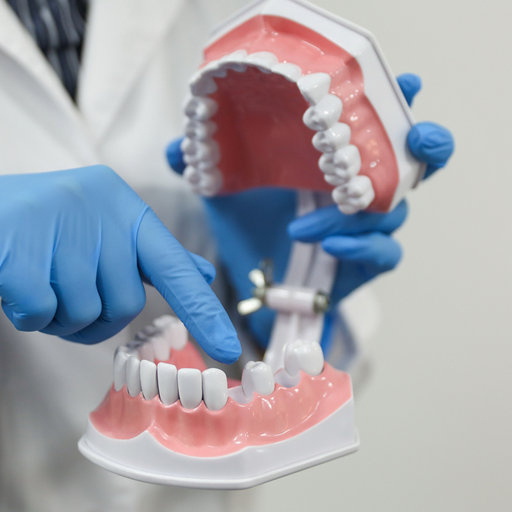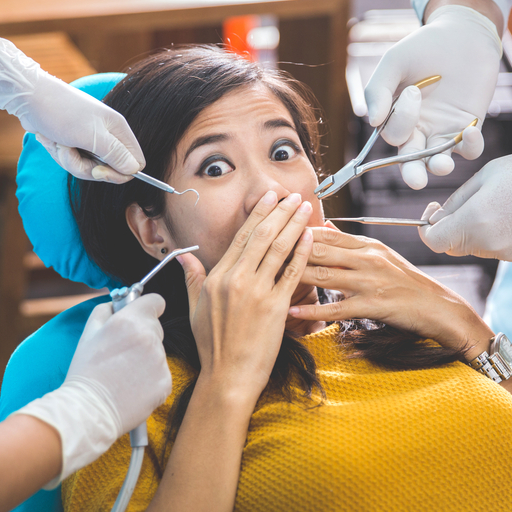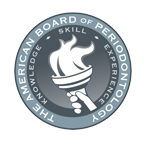Introduction:
Ensuring we take good care of our teeth is super important if we want them to stay healthy and look good. But sometimes, even if we’re really careful, there might be times when a tooth has to be taken out. Knowing why this happens can help us make smart choices about our teeth. So, in this guide, we’re going to talk about the top five reasons why dentists might have to pull a tooth, so you know what to expect if it ever happens to you.
Even if we brush and floss every day, there are still things that can go wrong with our teeth. Sometimes, they might get so damaged by cavities or other problems that they can’t be fixed. That’s when the dentist might have to take them out to stop the problem from getting worse. It’s not something we want to happen, but knowing why it might be needed can help us take better care of our teeth in the long run.
Summary
1. Severe Tooth Decay
Severe tooth decay is a big reason why dentists sometimes have to pull out a tooth. When we get cavities and don’t take care of them, they can dig deep into the tooth, reaching the inside part called the pulp. This causes really bad pain and might even lead to an infection. If the decay is too far gone, regular treatments like fillings or root canals might not work anymore, so the tooth has to be taken out to avoid more problems.
If we ignore tooth decay, it can spread to the other teeth nearby, making everything even worse. This can mess up our overall oral health, which isn’t good at all. Dentists always tell us to get regular check-ups and deal with cavities quickly to avoid having to yank out a tooth because it’s too decayed. Taking care of our teeth from the start can save us from a lot of trouble later on.
2. Gum Disease
Gum disease, also known as periodontal disease, is another reason why some teeth might need to be taken out. This happens when bacteria in the plaque build up along the gums, making them all swollen and sore. Eventually, this can start to damage the gums and the bone that holds the teeth in place. If gum disease gets bad, it can turn into something called periodontitis, where the gums start to pull away from the teeth, making little pockets where more bacteria can hide.
When gum disease gets to this point, it can make the teeth feel wobbly and loose. If it gets bad enough, the teeth might have to be pulled out to stop the problem from spreading. Dentists always remind us to brush and floss regularly and get our teeth cleaned by a professional to keep gum disease away. Taking care of our gums is just as important as taking care of our teeth for a healthy smile.
3. Impacted Wisdom Teeth
Wisdom teeth, which are also called third molars, usually start to come in when we’re in our late teens or early twenties. But sometimes, there’s not enough space in our jaw for them to come in properly. When this happens, they can get stuck or grow at a funny angle, which is called being impacted. Impacted wisdom teeth can cause a lot of problems like pain, infections, and even damage to the nearby teeth.
If we have impacted wisdom teeth that are causing trouble, the dentist might suggest taking them out. This can help stop the pain and prevent any more issues from happening. Dentists keep an eye on how our wisdom teeth are growing during regular check-ups and might decide to take them out if they’re causing problems for our oral health. It might seem scary, but taking out impacted wisdom teeth can make our mouths feel a lot better in the long run.
4. Orthodontic Treatment

When we have braces or aligners, it’s because we want to make our teeth straight and our bite fit together nicely. Sometimes, though, there might not be enough room in our mouth for all the teeth to line up properly. In these cases, the orthodontist might suggest taking out a tooth to make some space. This is often needed when there’s too much crowding, and all the teeth are squished together.
The orthodontist looks closely at how our teeth are growing and decides if taking out a tooth will help get them into the right position. It might sound a bit scary, but taking out a tooth as part of our orthodontic treatment can make things better in the end. It’s all about making sure our teeth and jaws work together well for a healthy smile.
5. Trauma or Injury

Sometimes accidents happen, and we might hurt our mouths, which can damage our teeth. It could be something minor like a little chip, or it could be more serious, like a big crack or even losing a tooth completely. If the damage is really bad and can’t be fixed with things like bonding or crowns, the dentist might have to take the tooth out. This might be the only way to stop the problem from getting worse.
Getting help from a dentist right away after an injury is super important. They need to check how bad the damage is and decide what’s the best thing to do next. If the tooth is too badly damaged, they might have to pull it out to make sure our mouth stays healthy. It might not be what we want to hear, but it’s all about keeping our mouths in good shape after an accident.
FAQs (Frequently Asked Questions)
Q.1. Is tooth extraction painful?
A.1. Tooth extraction is performed under local anesthesia, ensuring that patients do not feel pain during the procedure. However, some discomfort or mild pain may be experienced afterward, which can be managed with pain medications prescribed by the dentist.
Q.2. How long does it take to recover from a tooth extraction?
A.2. The recovery period after tooth extraction varies depending on factors such as the complexity of the extraction and individual healing abilities. Generally, most people recover within a few days to a week, during which they are advised to follow post-operative instructions provided by their dentist.
Q.3. Will I need a replacement tooth after extraction?
A.3. Depending on the location of the extracted tooth and its function, your dentist may recommend a replacement option such as a dental implant, bridge, or partial denture to restore aesthetics and functionality to your smile.
Q.4. Can tooth extraction lead to complications?
A.4. While tooth extraction is a routine dental procedure, like any medical intervention, it carries some risks of complications such as infection, excessive bleeding, or nerve damage. However, these complications are rare and can be minimized by following your dentist’s post-operative instructions.
Q.5. How can I prevent the need for tooth extraction?
A.5. Practicing good oral hygiene, including regular brushing and flossing, attending dental check-ups, and addressing dental issues promptly, can help prevent the need for tooth extraction. Additionally, wearing mouthguards during sports activities and avoiding habits such as teeth grinding can protect your teeth from trauma and injury.
Conclusion:
Knowing why teeth sometimes need to be taken out reminds us how important it is to take good care of our teeth from the start. By brushing and flossing every day and going to the dentist regularly, we can catch any problems early and get them fixed before they get worse. It’s all about being proactive and taking charge of our dental health.
Prevention is the best medicine when it comes to keeping our teeth healthy and avoiding things like tooth extraction. So, let’s make sure to keep up with our oral hygiene habits and not ignore any dental issues that pop up. Taking care of our teeth now means we can keep smiling bright and healthy for years to come.
For personalized assistance or to schedule a consultation, feel free to contact our dedicated team at (267) 908-4867 or visit our website at https://premierperiodonticspa.com/. Your smile is our top priority, and we are steadfast in our commitment to providing you with the information and support needed to make your dental experience both comfortable and successful. Trust us to prioritize your oral health journey, and we eagerly anticipate being a partner in your quest for a healthy and radiant smile.








